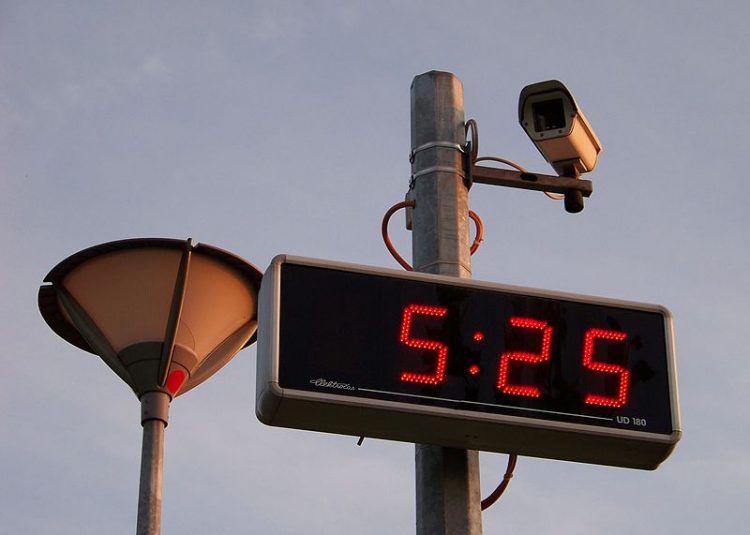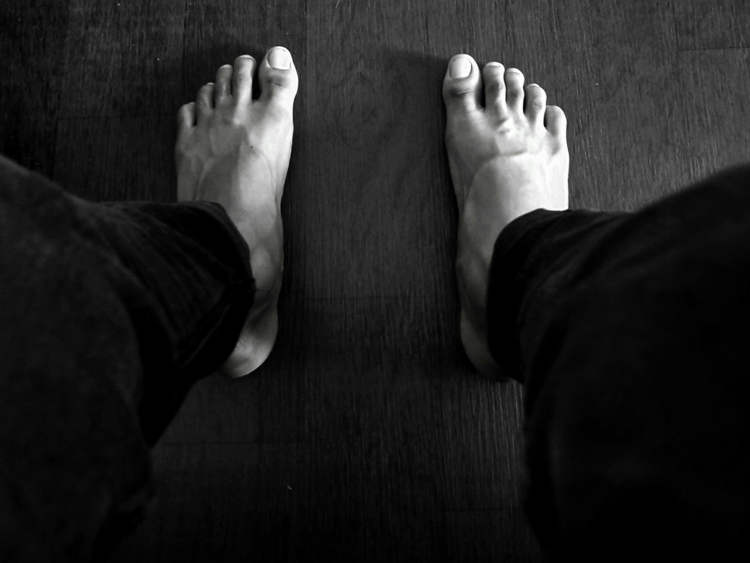A head-teachers’ union in the UK recently reported that youths have become so accustomed to using digital devices that they are having trouble correctly reading time on analog clocks, forcing schools to replace them.
According to Malcolm Trobe, deputy general secretary at the Association of School and College Leaders, children and young teens aren’t as good at reading an old-fashioned clock as previous ones. Because phones, tablets and computers play such a huge role in their lives, they are constantly exposed to time in digital format, so seeing the time displayed in analog format in examination halls can be a cause of unnecessary stress for children. For this reason, some schools are removing analog clocks and replacing them with digital ones.

Photo: GabrielleMerk/Wikimedia Commons
“The current generation aren’t as good at reading the traditional clock face as older generations,” Mr Trobe, a former headmaster, told The Telegraph. “They are used to seeing a digital representation of time on their phone, on their computer. Nearly everything they’ve got is digital so youngsters are just exposed to time being given digitally everywhere.”
Until now, it was assumed that by the time students reach secondary school, they are able to read analog clocks, but Mr. Trobe claims that this is often not the case anymore. His experienced is shared by other teachers, who recently took to social media to complain about this issue.
For example, Stephanie Keenan, head of English at Ruislip High School in north-west London, said that her school decided to replace analog clock in exam halls with digital ones, after it became clear that some year nine, ten and eleven students had difficulties reading an analog clock face.

Photo: ŠJů (cs:ŠJů)/Wikimedia Commons
Cheryl Quine, a head of department at Cockermouth School and chair of the West Cumbria Network, said that some children at her school couldn’t read analog clocks in exam rooms either.
“It may be a little sad if youngsters coming through aren’t able to tell the time on clock faces,” Malcolm Trobe said. One hopes that we will be teaching youngsters to read clocks, however we can see the benefit of digital clocks in exam rooms.”
To make matters worse, earlier this year, a senior pediatric doctor warned that young children are finding it increasingly difficult to use analog writing tools like pencils and pens, due to being exposed to phones and tablets all the time.

Photo: Elke Wetzig/Wikimedia Commons
“To be able to grip a pencil and move it, you need strong control of the fine muscles in your fingers. Children need lots of opportunity to develop those skills,” head pediatric occupational therapist Sally Payne said. “It’s easier to give a child an iPad than encouraging them to do muscle-building play such as building blocks, cutting and sticking, or pulling toys and ropes. Because of this, they’re not developing the underlying foundation skills they need to grip and gold a pencil.”
All we can do is hope that modern technology never fails, otherwise we’re in big trouble.













